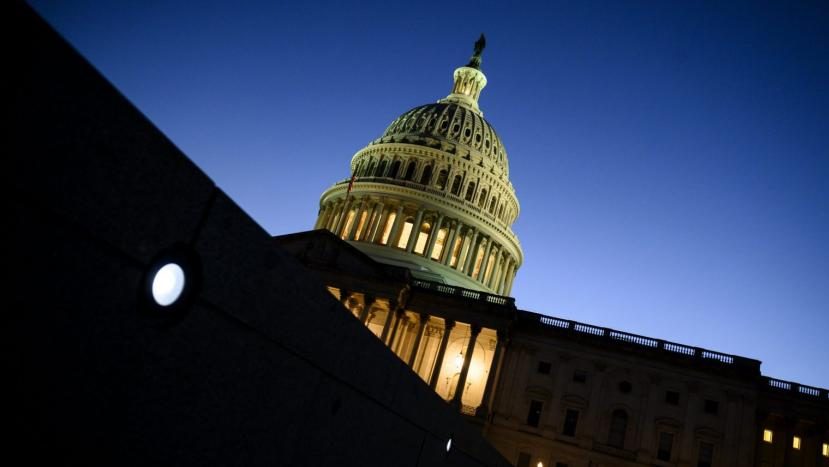U.S. political circles are awaiting the implementation by U.S. President Joe Biden’s administration of the law on disclosing the sources of the wealth of Syrian President Bashar al-Assad, his family, and his inner circle.
The bill, which was approved by Congress at the end of 2021, is considered by Syrian regime opponents in Washington a “legal victory for the revolution and the interests of the people.
Claudia Tenny, a Republican Representative from New York who is active in Syrian issues, was the godmother of this law, which she initially presented as a draft before the House of Representatives.
The law was attached to the budget of the Department of Defense for the fiscal year 2022 and was endorsed by an “overwhelming majority”, in the U.S. House and the Senate.
The bill passed by Congress requires the disclosure of the sources of the wealth of President al-Assad, his family, as well as his inner circle, and requests the U.S. federal agencies to submit a relevant detailed report to the House of Representatives.
According to the law, the period for implementing such a request is 90 days from the date of its issuance.
Read Also: Syria: Time to Shed Light on Crimes of “International Coalition” in Raqqa
Thus, Syrian regime opponents considered that the U.S. administration “has now become legally bound to publish this report next week.” They described the development as an “American legislative victory against the Assad regime, and in the interest of the Syrian revolution and the popular opposition, which has long pushed the U.S. legislative and executive institutions to adopt more severe measures against the Syrian regime.”
The law requires the administration to work on an interagency strategy to determine the priorities of US policy in Syria.
The approved amendment No. 6507 stipulated the disclosure of “income from corrupt or illegal activities practiced by the Syrian regime.”
The legal amendment stressed interagency coordination to implement U.S. sanctions against President Bashar al-Assad in Syria, and to monitor endemic corruption in order to ensure that funds are not directed to terrorist groups and malign activities.
Moreover, the legal amendment set out the elements to be included in the report and the U.S. diplomatic strategy, including a description of the desired diplomatic goals to advance US national interests in Syria, and the desired objectives, as well as a presentation of the intended U.S diplomacy there.
Over the past decade, the U.S. political arena has witnessed a state of “tug-of-war” between the legislative and executive institutions, which started during the tenure of former President Barack Obama and ended with the overwhelming approval of Congress on the Caesar Act, which charted U.S. policy in dealing with the Syrian file.
Legislators in Congress are strongly opposed to Biden’s administration’s leniency towards the Syrian regime, calling for not easing or bypassing the Caesar Act under the pretext of humanitarian aid.
Bassam Barabandi, a political researcher on Syrian affairs, and a former diplomat who defected from the Syrian embassy in Washington said that the Syrians in the United States were “waiting to see whether the U.S. government respects and implements the law that requires it to disclose al-Assad’s wealth next week.”
He emphasized in this regard that law enforcement was among the most important features of the United States, and a leading foundation, “which Washington demands all countries respect and implement.”
In remarks to Asharq Al-Awsat, Barabandi expressed his fear that the law would not be implemented for political reasons pertaining to Iran.
He added that if the Biden administration disregarded the law, some Arab countries would distance themselves from the U.S.. He explained that Washington would not be applying the simplest demands pertaining to Syria, perhaps for regional reasons, despite spending large sums to help civil societies that demand respect for local laws without any discrimination.
The Syrian Observer has not verified the content of this story. Responsibility for the information and views set out in this article lies entirely with the author.


